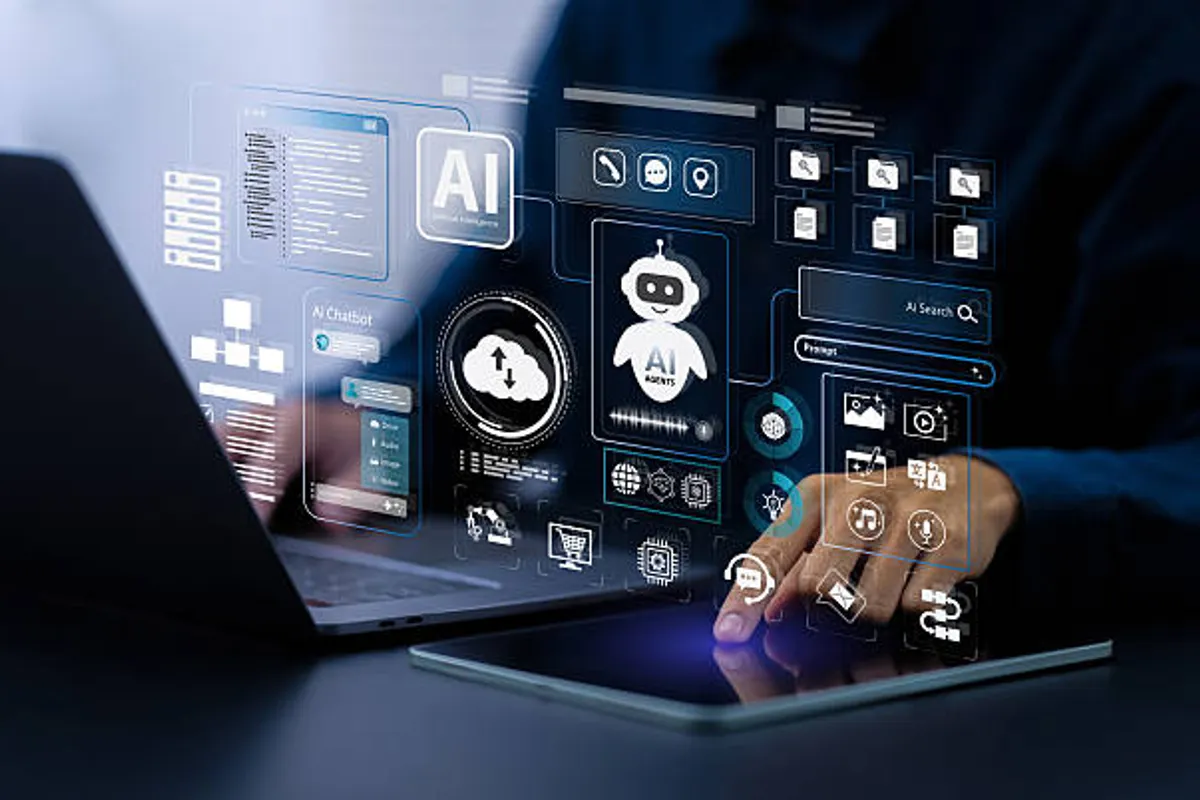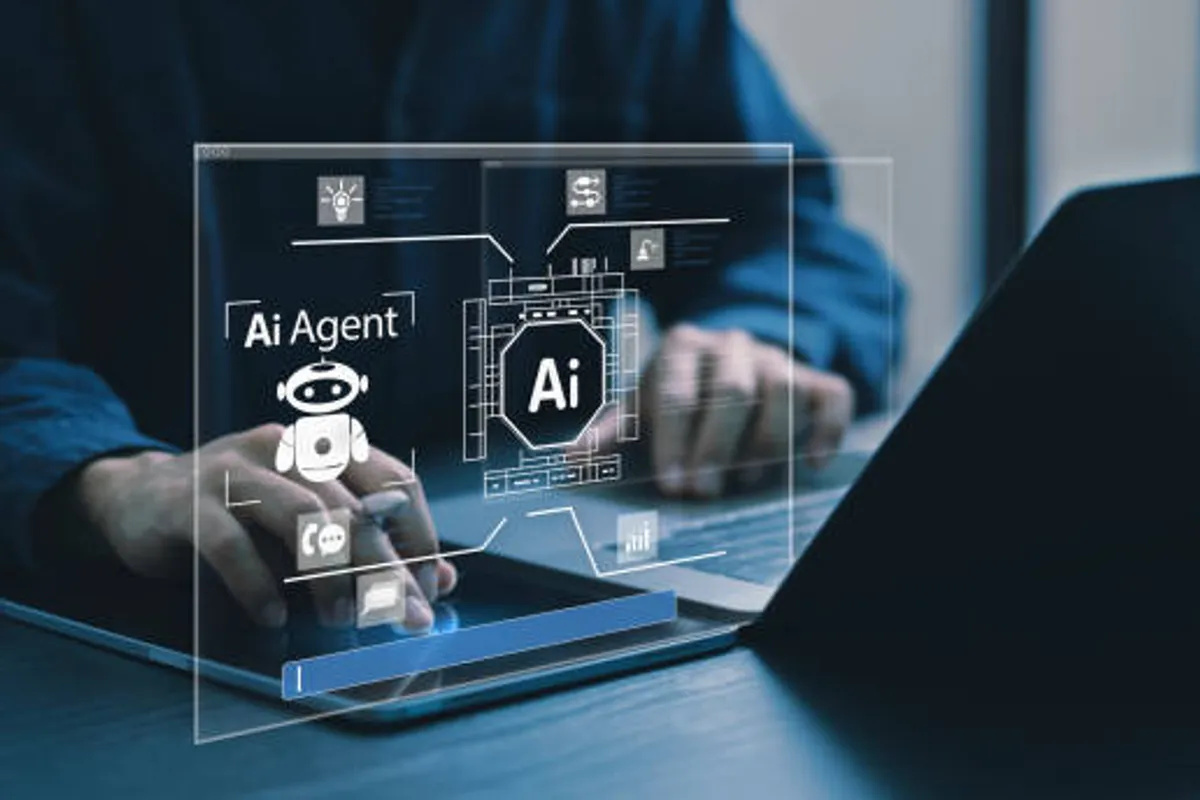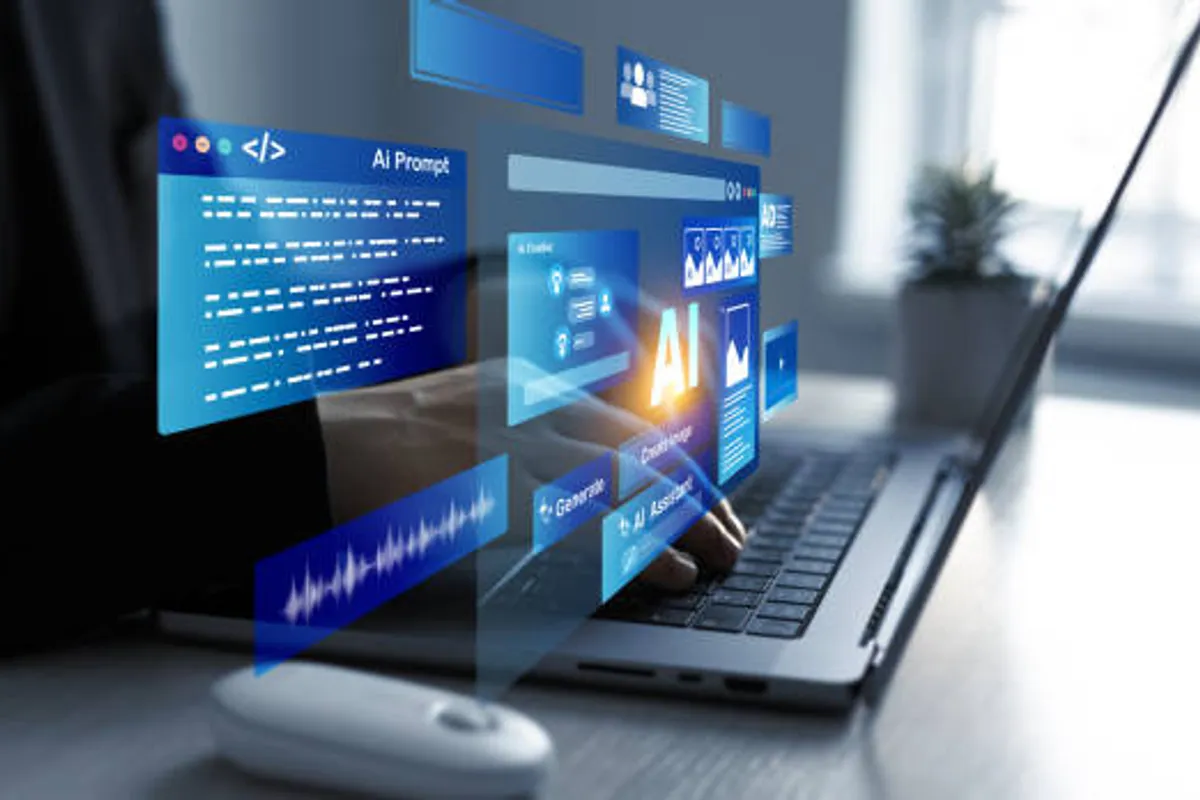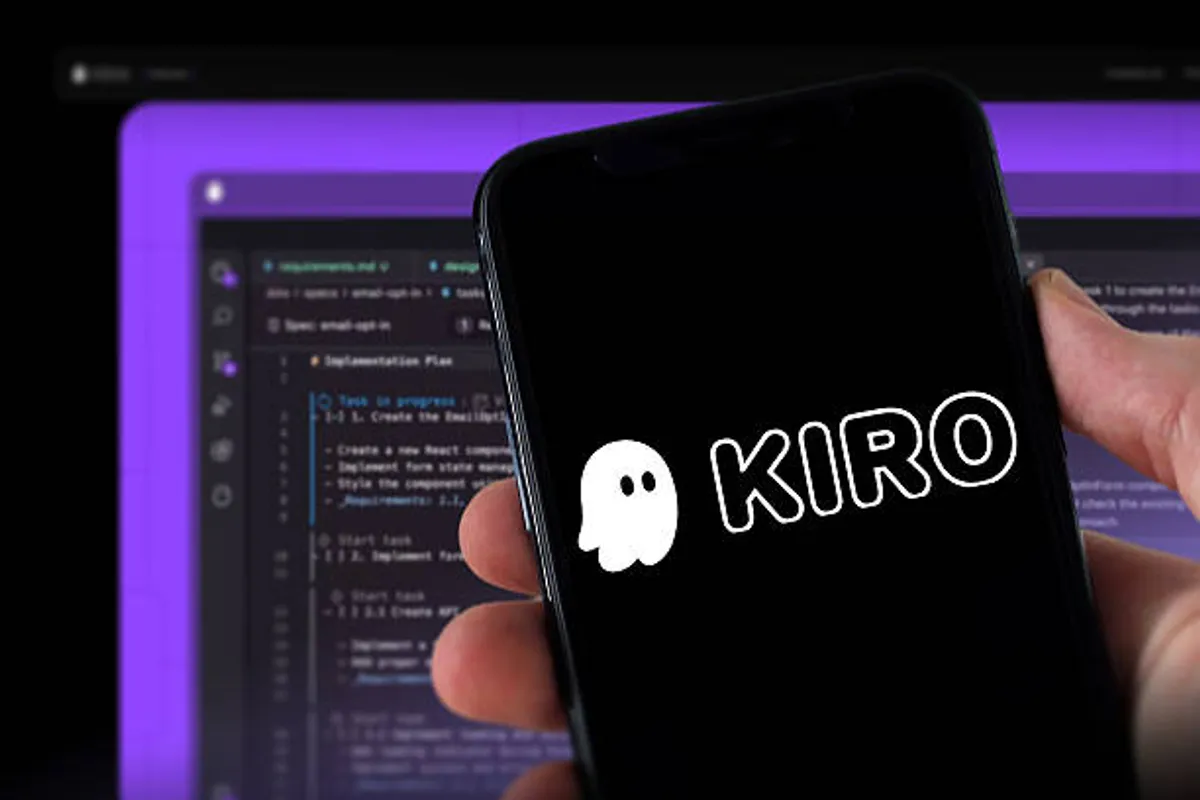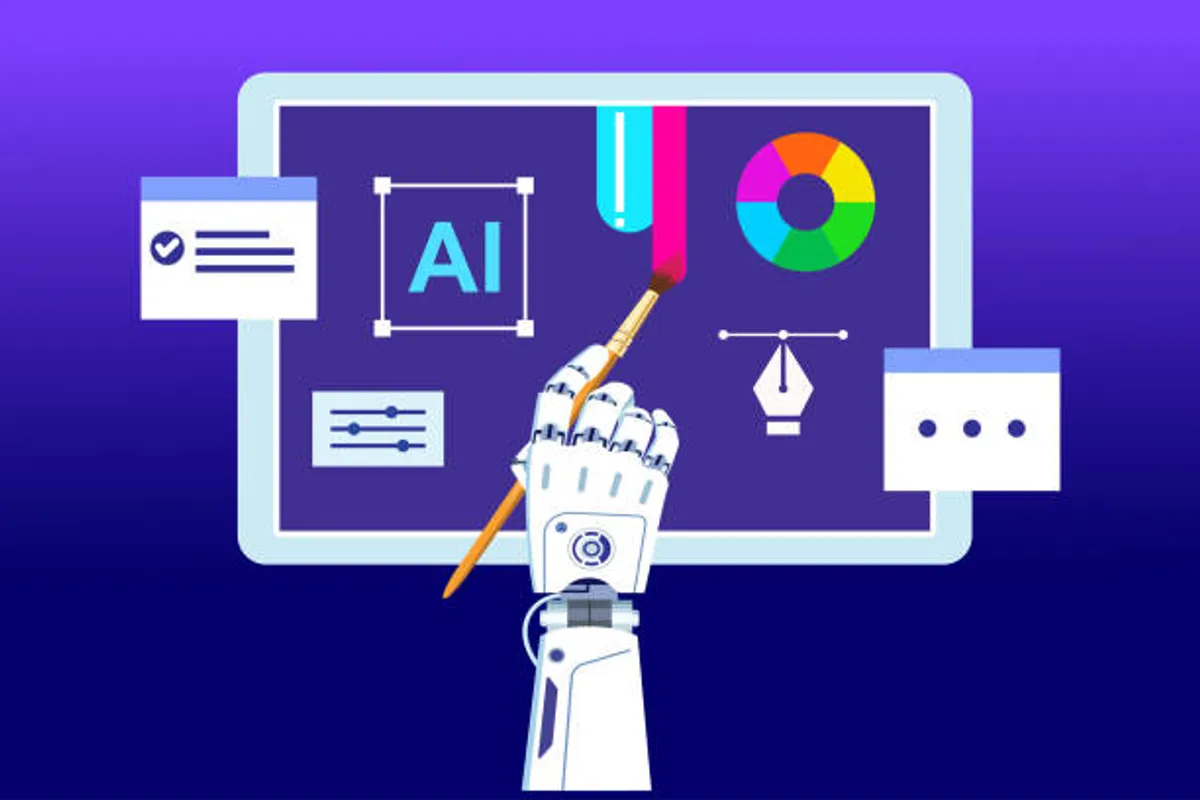How Artificial Intelligence Is Transforming Everyday Life Across the Globe

GeokHub
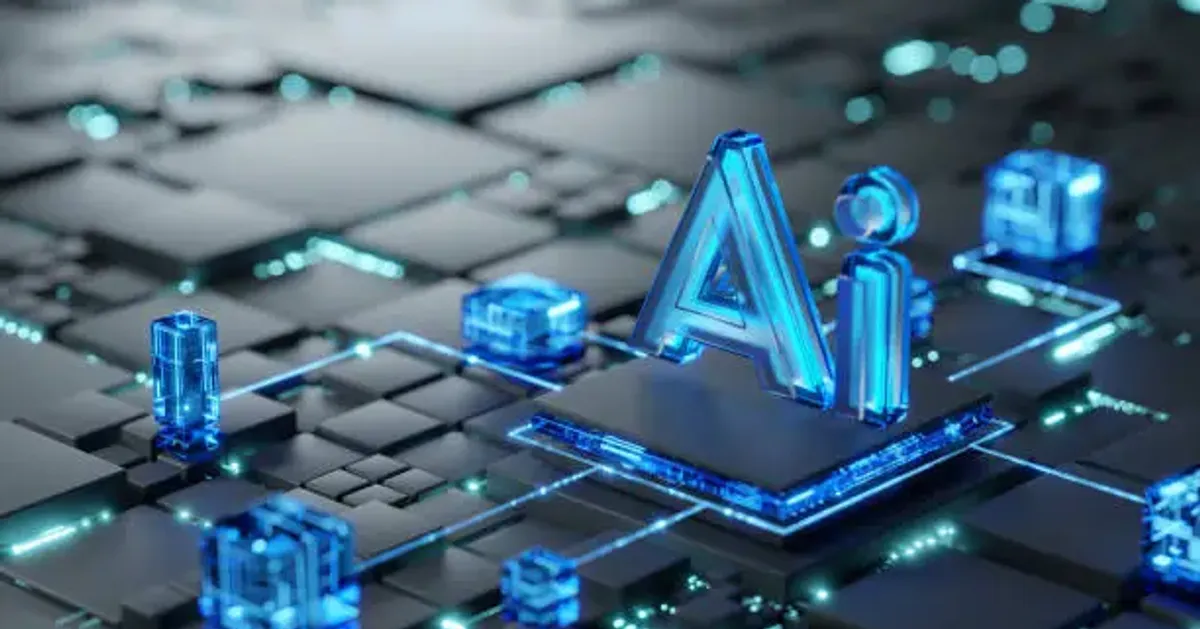
Artificial Intelligence is no longer a futuristic concept—it’s now deeply embedded in everyday life, changing how people work, communicate, travel, shop, and receive healthcare.
From smartphones to smart homes, AI technologies are increasingly driving decisions, streamlining services, and personalizing user experiences at an unprecedented scale.
In Daily Tech
Voice assistants like Siri, Alexa, and Google Assistant have become household staples, using AI to recognize speech, schedule reminders, control smart devices, and even hold conversations. On social media, AI curates feeds, filters content, and targets advertising based on behavior and preferences.
In Shopping and Business
Retailers use AI-powered tools to recommend products, predict inventory demand, and detect fraud in real time. Chatbots have replaced customer service reps in many cases, offering 24/7 support and faster issue resolution.
In Transportation
Navigation apps powered by AI, such as Google Maps and Waze, analyze traffic patterns and suggest optimal routes. Meanwhile, the rise of autonomous driving technology is pushing companies like Tesla, Waymo, and Apple to bring fully self-driving cars to market.
In Healthcare
AI has begun revolutionizing healthcare by assisting in medical imaging, diagnostics, and drug discovery. Machine learning algorithms can detect conditions like cancer or heart disease earlier and more accurately than traditional methods. AI is also being used to manage hospital operations and improve patient care pathways.
In Education and Work
Students now learn via adaptive platforms that tailor lessons based on performance. In the workplace, AI tools are streamlining workflows, automating repetitive tasks, and assisting with hiring, project management, and even legal research.
The Double-Edged Sword
While AI improves convenience and efficiency, experts warn about ethical concerns including privacy, algorithmic bias, job displacement, and surveillance. Governments and tech firms face growing pressure to implement responsible AI regulations to ensure transparency and protect public trust.
“AI is changing lives in ways people don’t even realize,” said Dr. Helena Baird, a professor of computer ethics. “The question isn’t if we use AI—it’s how responsibly we choose to use it.”
As AI continues to evolve, its role in everyday human life is only expected to grow—redefining how people live, connect, and make decisions in the modern world.
